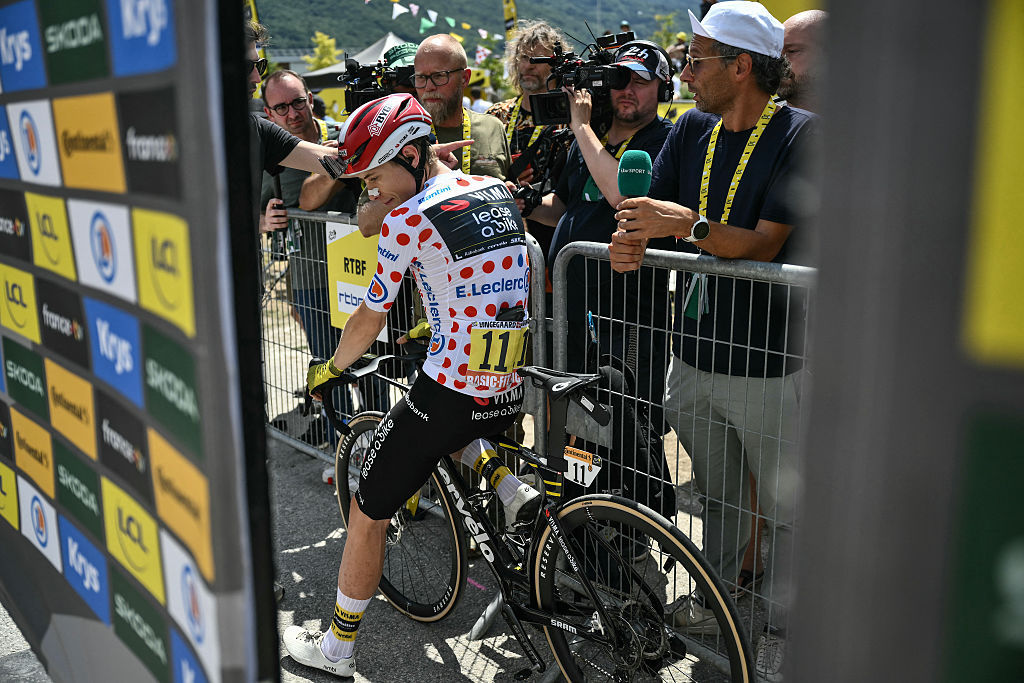Lea opts to skip omnium at Track World Championships
American to tackle individual pursuit, aims at Rio omnium
The latest race content, interviews, features, reviews and expert buying guides, direct to your inbox!
You are now subscribed
Your newsletter sign-up was successful
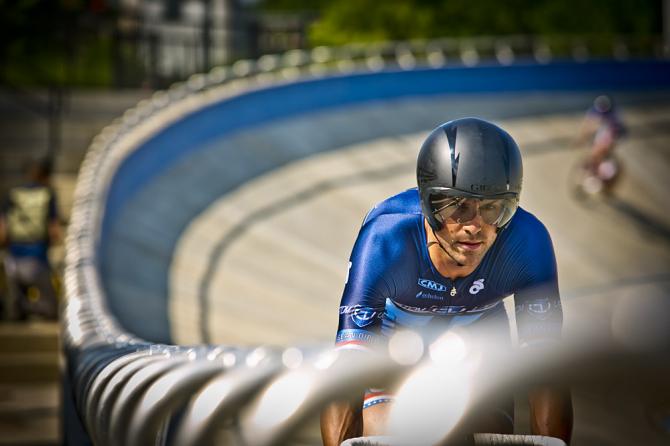
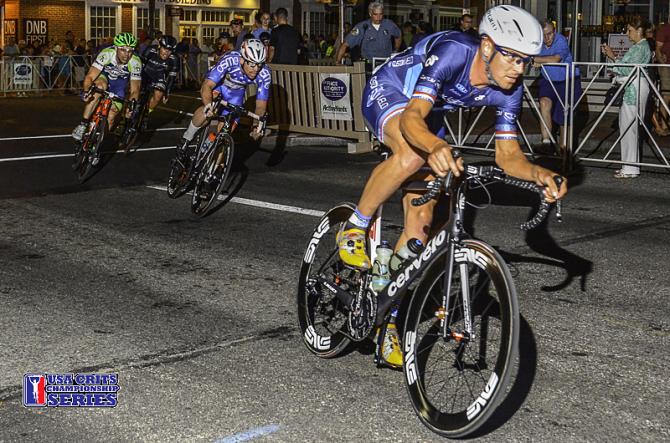
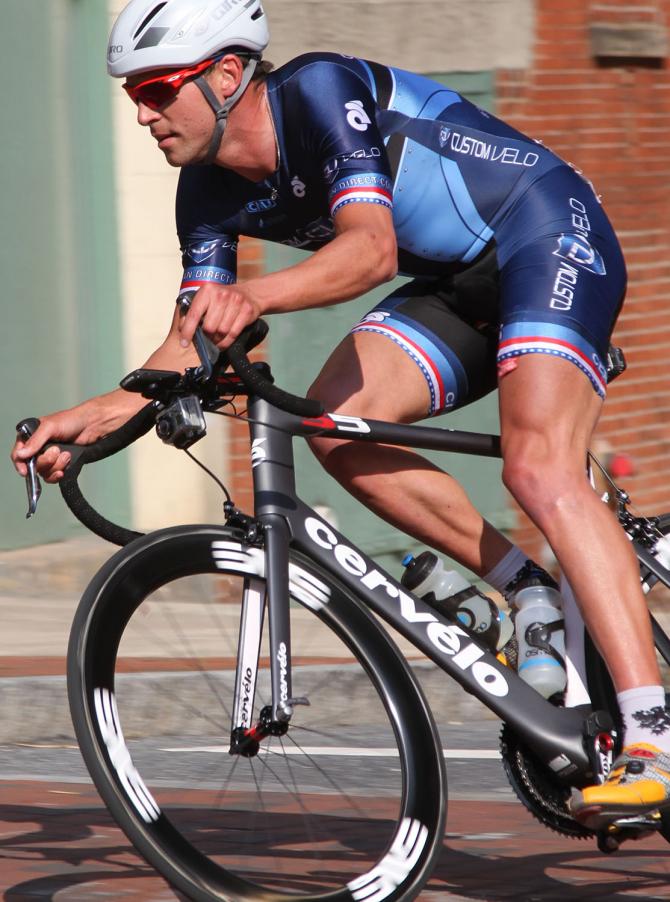
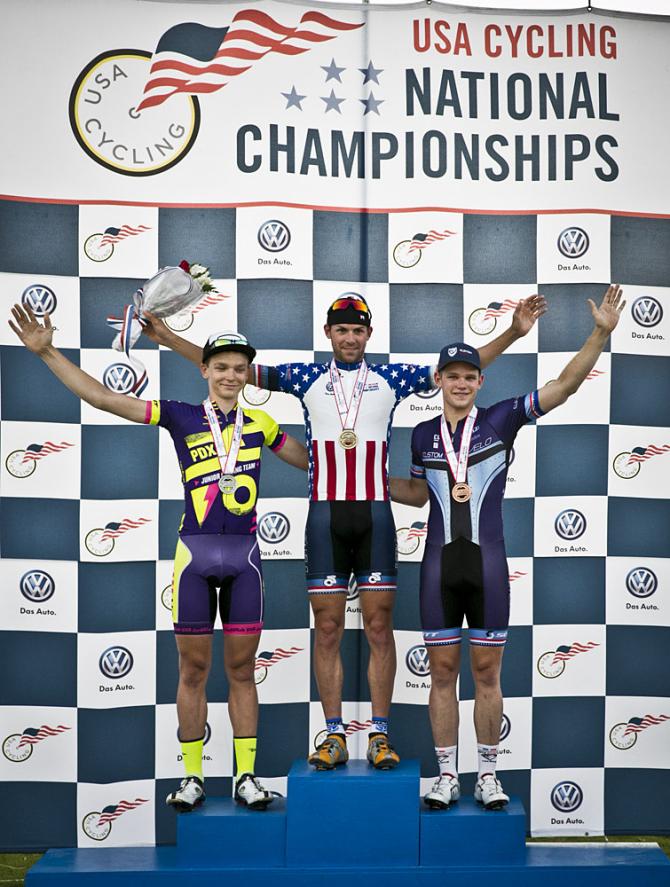
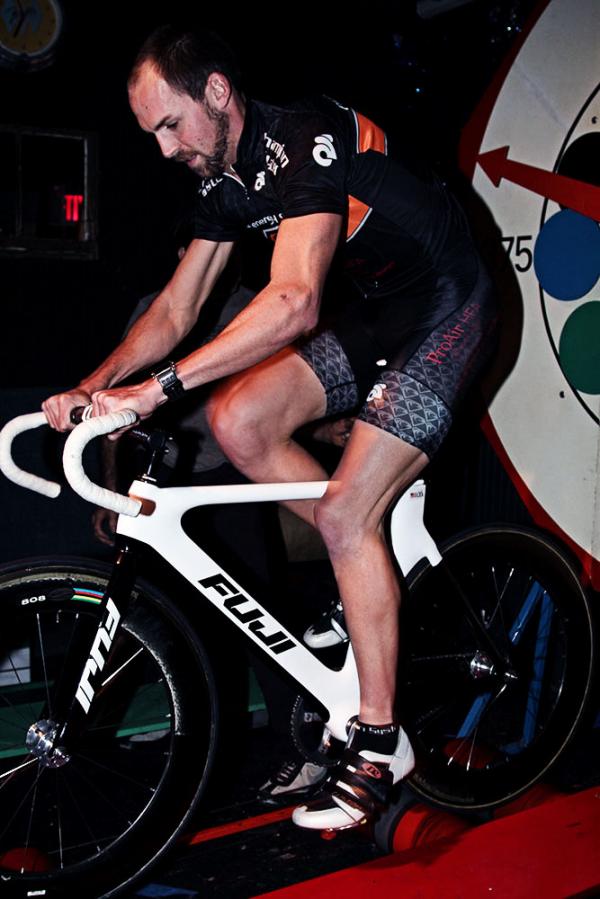
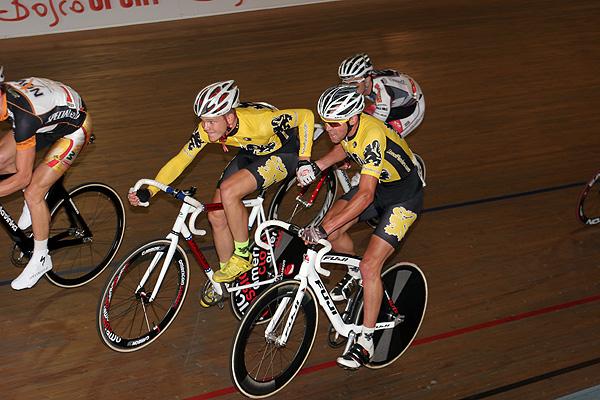
The United States has not had a men's track world championship title since Taylor Phinney last raced the individual pursuit, but next week in Paris, this could change as Bobby Lea quietly sets his sights on the rainbow jersey, not in the omnium, but the pursuit.
It is a bit odd that Lea made the choice to race the individual pursuit instead of the omnium, considering he placed third in two of the Track World Cup omnium events this season, and would have won the overall if he had just gone to the final round and placed top 10. But a scheduling overlap between the two events, and a focus on the 2016 Summer Olympic Games omnium in Rio led to his decision to go for a medal in the pursuit.
"It was a really tough decision. The pursuit happens on day two of the omnium," Lea told Cyclingnews. "This whole winter, the plan was to do the pursuit and the omnium. When the schedule came out - there were some hard choices to make. The benefit of the two big rides in Guadalajara and London is it gives us some leeway in terms of Olympics points, so I opted to go for the pursuit instead."
For more than a decade, Lea has been a solid member of the US Olympic track cycling team: he raced the points race in both Athens and Beijing before switching to the omnium when the points race was eliminated from the program ahead of London. In 2012, he was 12th overall in the event at the Olympics. But over the past season, something changed for the 31-year-old: he gave up racing for his road team in the summer, and found that little bit extra needed to make it to a world-class podium.
"A series of things came together in just the right way, but I think the real catalyst was stepping back from the domestic road scene and running a solo program this year. Back in 2013, [coach] Brian Walton and I discussed ideas on how to approach the run up to Rio. The idea came up to just try something completely new, discard the whole domestic pro scene entirely and do a team of one. I run my own program, pick my own races, and can plan my fitness around what works best for me, not what works best for a road team."
Lea gained financial support from long-time sponsor Pure Energy Cycling, a shop in New Jersey which just launched an online retail site called Custom Velo. "From there it was off to the races. I set off on this great experiment. I think the big part of it has been pulling out all non-essential elements of a race season. I ended up staying home more, training more. With less days lost to travel, there's more days to train. Maybe there's also an element of 'happiness watts'. Just from being in control, doing my own program. That's been a really good thing for me."
Faster than Phinney
The latest race content, interviews, features, reviews and expert buying guides, direct to your inbox!
The "happiness watts" paid off for Lea not only in terms of results, but in the times he was turning in the individual pursuit, both in the omnium and in the stand-alone event. Lea cracked the 4:15 barrier for the 4km race, a time quicker than the one Taylor Phinney raced en route to his world title in 2010.
Lea is quick to point out that his times were at altitude both in the Pan American Championships and during the Guadalajara World Cup omnium, but added he set his fastest sea level time in the Japan Cup last summer, a 4:21.
Those times are on par with those that earned the rainbow jersey at the Track World Championships over the past several years, so Lea thinks he has a shot at the medals, even if he is too modest to come out and state that the gold medal is his goal.
"The funny thing about pursuit, you never know who's going to turn up. I like to think I have as good a chance as anybody," he said.
Changes to omnium format
After last year's Track World Championships, the UCI reworked the format for the omnium, putting the points race at the end, and switching up the scoring system for the overall standings. Whereas riders formerly aimed to have the lowest total at the end when their numerical placing in each of the six events was tallied up, now they aim for the most points. Riders are awarded points on a straight scale based on placing in the flying lap, scratch race, elimination race, individual pursuit and kilo, then battle in the grand finale for not only their final finish in the points race, but for each sprint within the race - all of which are added to their final tally.
"It seems to give riders a little leeway. You can now drop an event and still be in the hunt if you're a good points racer. It tipped the scale in the favor of the good points racers who can hold their own in the timed events," Lea said. "In the old system, if you dropped an event you were out of contention. If you take a lap in the points race you're back in now. Anyone within 25 points of you is in the hunt, so it makes it more wide open.
"It's more stressful - but a much better event to watch and understand. As a spectator you see the points updated in real time. The old finish with the kilo was enigmatic. The crowd didn't really get what was going on. With the new points race format, it makes for a truly exciting finale.
"In the old points format I had a lot of work to do on my kilo. I was haemorrhaging a lot of points there. But now that I'm starting to close that hole a little, having more emphasis on the points race helps."
Lea showed that the new system benefited him with two bronze medals at the World Cups this year, but knows he has a little more work to do before he can aim at that elusive Olympic medal - something which has eluded the men's endurance program of the US since 1984.
"In Guadalajara, I had a tactical error on the scratch race that cost me positions in the final sprint, and I gave up a little in the kilo and flying lap. London, I was much better across the board, but I had one of those 'asleep at the switch moments' in the elimination race."
If he wants to medal in Rio, he will have to continue to work on the many minute details that go into a successful omnium outcome. "It comes down to staying in the game in the timed events, and having a huge fitness base to be able to race hard in the points race. As far as Rio goes, I feel like I'm trending in the right direction," he said. "It's a lot to learn, but I think experience counts in the omnium."

Laura Weislo has been with Cyclingnews since 2006 after making a switch from a career in science. As Managing Editor, she coordinates coverage for North American events and global news. As former elite-level road racer who dabbled in cyclo-cross and track, Laura has a passion for all three disciplines. When not working she likes to go camping and explore lesser traveled roads, paths and gravel tracks. Laura specialises in covering doping, anti-doping, UCI governance and performing data analysis.
